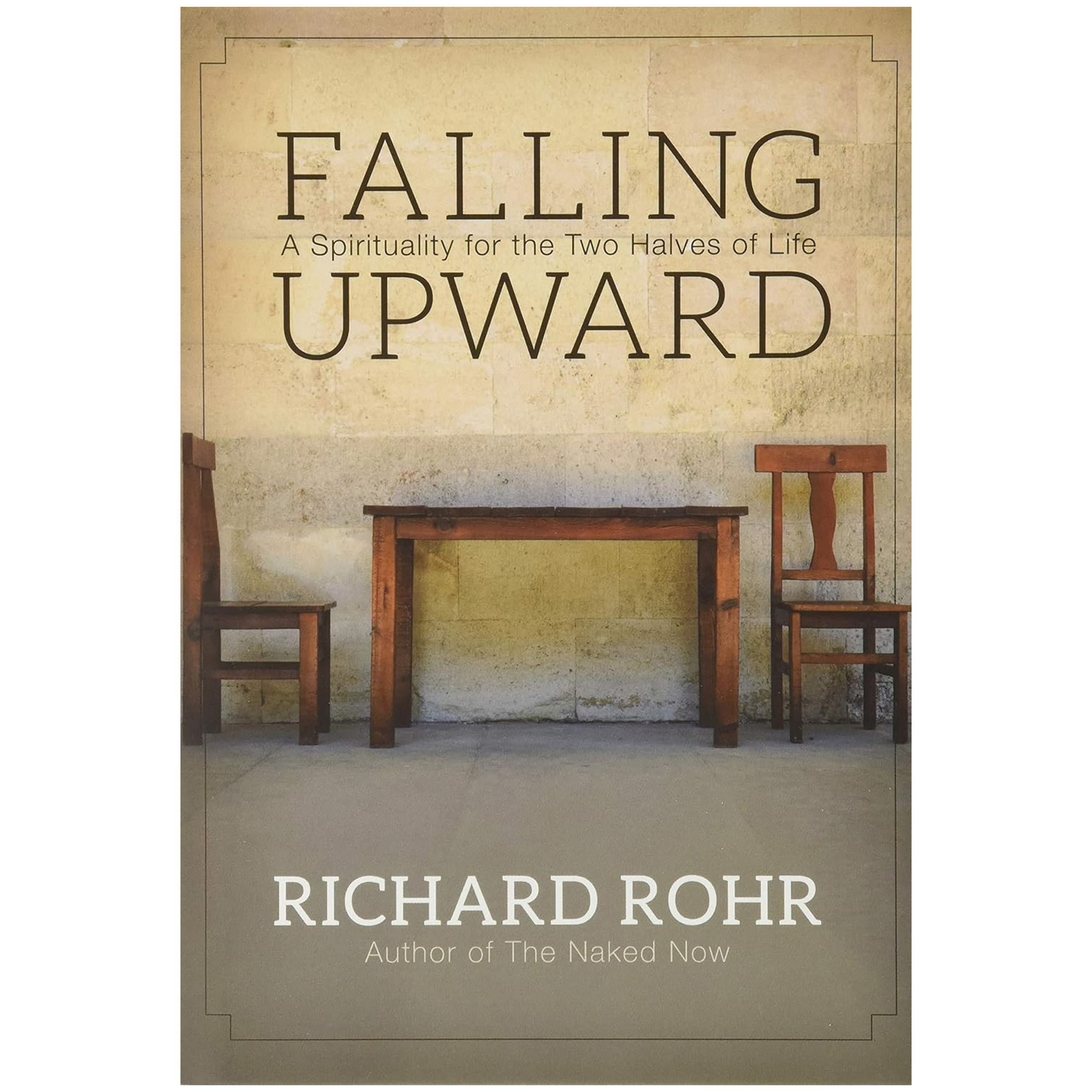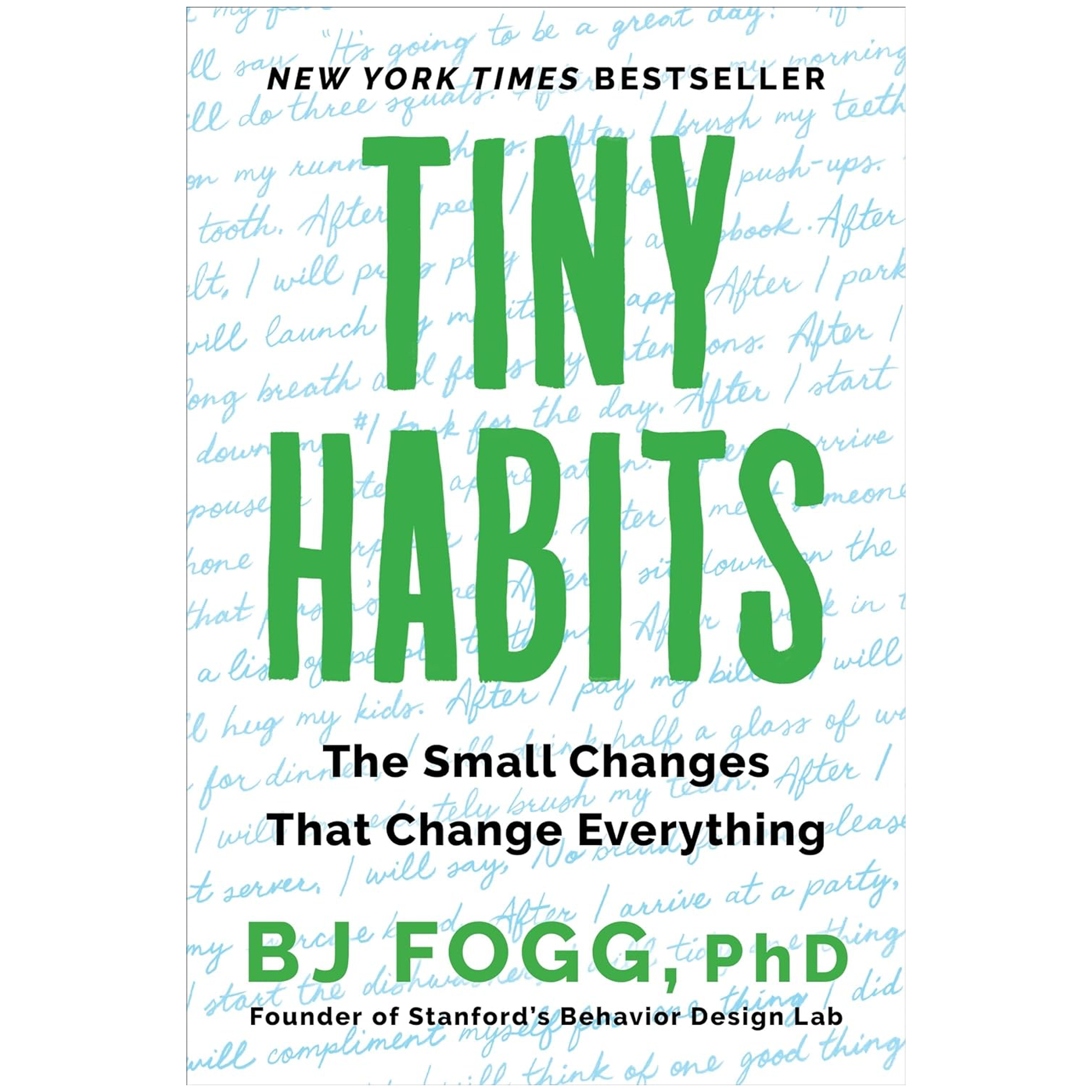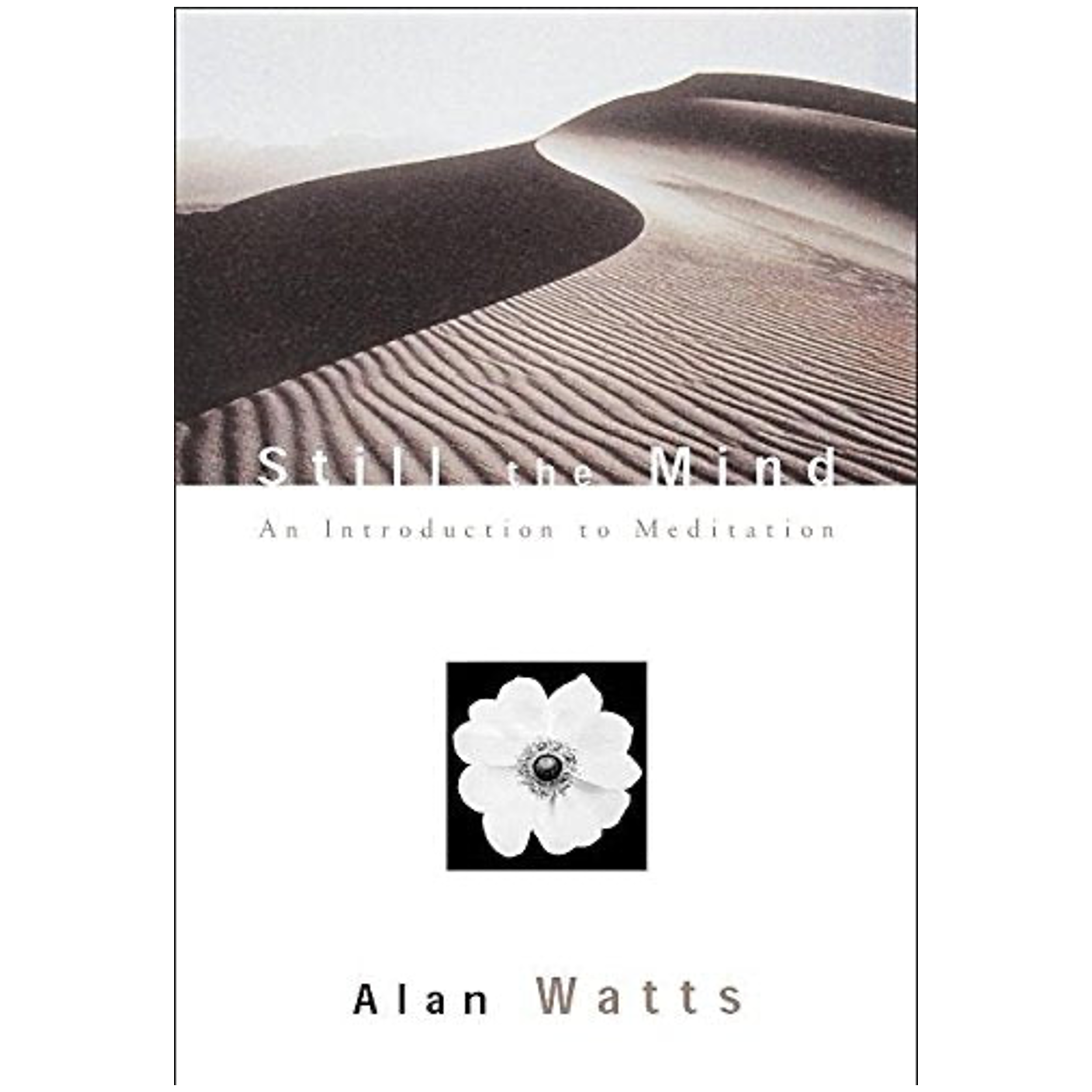Reading Time: 1 min 40 sec
I hope the next 20-ish breaths are the most nourishing of your day.
4 THOUGHTS
1. How to Give Your Overactive Brain a Rest
“Slower regulated breathing has a calming effect on both your body and mind, and it also decreases metabolic activity in different parts of the brain. This is very important because our frontal lobe tends to be overly active. It uses up a lot of energy that is needed to efficiently run other neural mechanisms, and so we need to give this part of the brain a rest.”
- Andrew Newberg, MD and Mark Waldman, How God Changes Your Brain
Slow, regulated breathing gives our overactive brain a rest by decreasing its metabolic activity. In other words, if you want to replenish your brain, slow your breathing 🧠
2. How to Deal with Problems: Flip These Two
“Other people's problems seem so unreal; ours seem so real. See if you can flip these two.”
- Dean Sluyter, Natural Meditation
Whenever we’re stressed over life, let’s use mindfulness to remember this simple passage and practice 🙏
3. Simplify to Exaggerate: Why Doing Less Gets You Further
“There is a guiding principle that applies to all communications, but to presentations in particular: Simplify to exaggerate. Think fewer words, fewer slides, fewer visuals—destroy anything that distracts from the essential points.”
This also applies perfectly to our contemplative practices: simplify to exaggerate. The simpler and easier your practice is, the more effective it will be 🙏
4. Escape the Quicksand in Your Mind
“We can also compare thinking to quicksand. The more we fight our thinking, the more we get caught up in it, amplifying our negative emotions and worsening them.”
- Joseph Nguyen, Don’t Believe Everything You Think
Remember: Thoughts happen naturally. Thinking about those thoughts (which usually involves rumination, judgment, or criticism), however, is optional. It’s like quicksand that will keep pulling you in the more you fight.
1 Quote
“Thinking uses up a lot of neural energy, but slow, deep breathing replenishes it.””
1 GOOD BOOK
Falling Upward by Richard Rohr
This is one of my all-time favorites. It’s not about breathing or meditation per se, but full of wisdom for living a mindful and fulfilling life. Can’t recommend this one enough.
P.S. I’m linking to the original version because I think new editions of masterpieces can mask the author’s raw voice. But, there’s an updated version & foreword if you prefer that.
In good breath,
Nick Heath, T1D, PhD
“Breathing is the compound interest of health & wellness.”
Enjoy these posts? Donate to say thanks!
P.S. the final stage of enlightenment
Get One of My Digital Guidebooks
The Breathing App for Diabetes
This is the first program specifically made for people with diabetes to help manage their stress through breathing and mindfulness practices. In addition to the amazing program inside the app, we have some really neat things coming up, so sign up now!
Amazon Associate Disclosure
I’ve been recommending books for almost 6 years. Yet somehow, I just discovered that I could be an Amazon affiliate [face-palm]. In any case better late than never. Now, any Amazon link you click is an affiliate link. As an Amazon Associate, I earn from qualifying purchases. So, if you’d like to support my work, buying books through these links is helpful : )
* An asterisk by a quote indicates that I listened to this book on Audible. Therefore, the quotation might not be correct, but is my best attempt at reproducing the punctuation based on the narrator’s pace, tone, and pauses.





